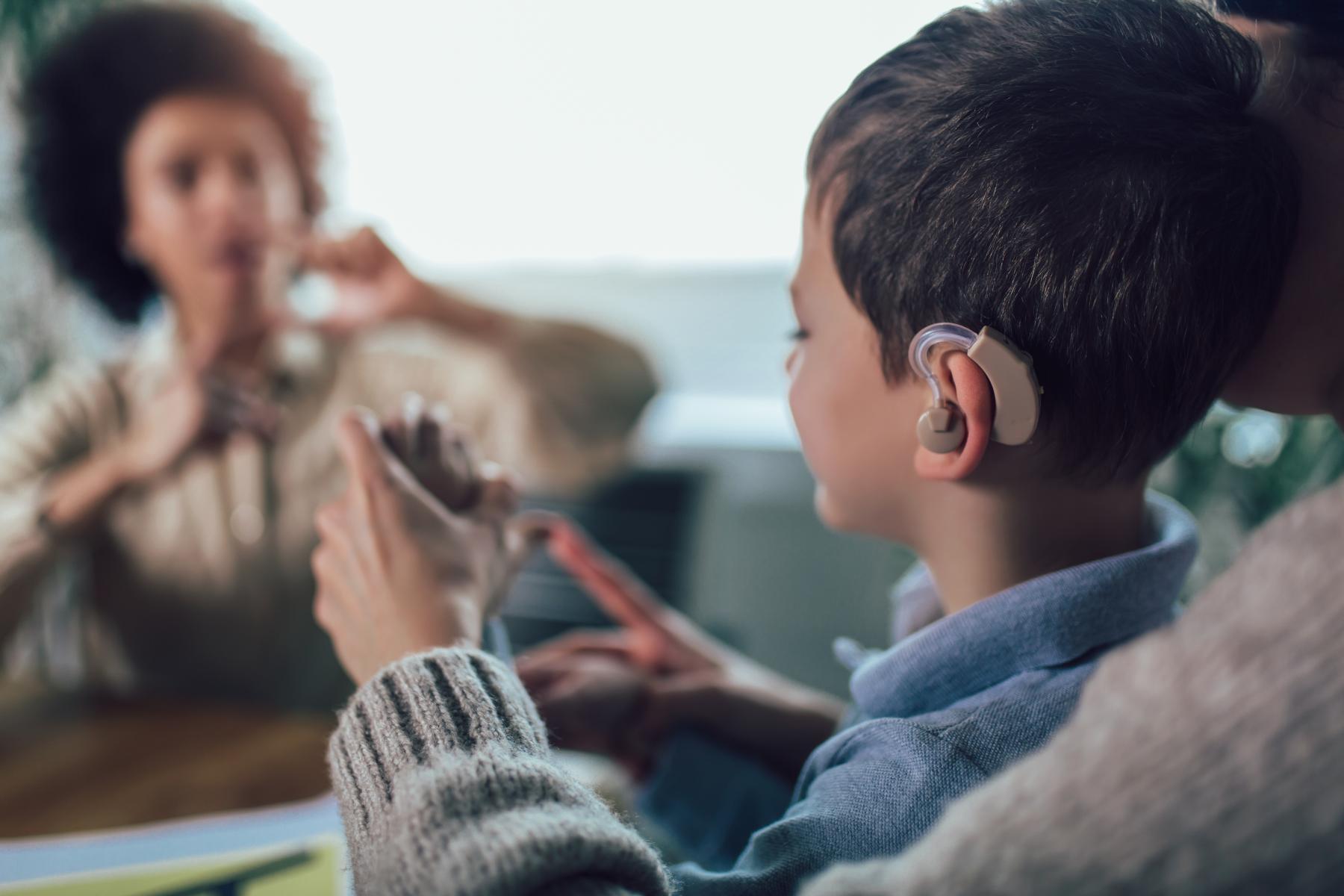Supporting patients who are d/Deaf or hard of hearing



Communicating in a way that works for you
Coming into a hospital can be stressful and worrying for all patients and visitors. We know that there are added communication barriers for people who are deaf or hard of hearing. We want to make sure our deaf and hard of hearing patients get the healthcare they need and most importantly the care and support communicated in a way that they need. We offer face to face British Sign Language(BSL) interpreting and relay video BSL via SignLive.
Our wards and departments have access to:
If you need any specialist help and support please contact the following teams for each site:
You can contact The Royal London and Mile End Hospitals in BSL, for free, via SignLive.
You can either use SignLive on a web browser or download the SignLive app for Android or iOS.
You have to create an account the first time you use SignLive. This will keep your account secure and allow SignLive staff to call you back if they need to.
What you need to do
If you have any problems using SignLive, get in touch
Drop in to the audiology clinic at The Royal London Hospital, Monday-Friday, 9am to 4pm for help with hearing aid battery tubes and domes (the bell or mushroom-shaped silicone pieces that attach to the end of hearing aid and go into your ear).
You can find the audiology clinic at The Royal London Hospital, South Tower via Luckes Entrance, in the Audiology Department, First Floor, Clinic 4, Stepney Way, Whitechapel.
Hearing aid repairs are by appointment only. To make an appointment please email towerhamlets.adultaudiology@nhs.net or call 0207 377 7673.
At Barts Health, we are improving the experiences of our d/Deaf patients, starting with a pilot at The Royal London and Mile End hospitals where we are trialing ways to reduce barriers to outpatient services.
In May 2021, we held a joint focus group with deafPLUS to explore what these experiences and barriers to access were. Patients with hearing impairments reported difficulties with:
As it stands, our d/Deaf or hard of hearing patients experience poorer quality communications than others when receiving treatment. Good quality communication is particularly important when we are providing our patients with a diagnosis, providing treatment or giving post-discharge instructions and information.
Using feedback from our initial focus group, we are making changes and introducing measures to make these experiences easier and more accessible.
We can also communicate via email or chat for patients who are unable to contact us on the phone:
In order to continue to improve our services, we need to work together with our d/Deaf patients. If you would like to get involved with the improvement group, get in touch